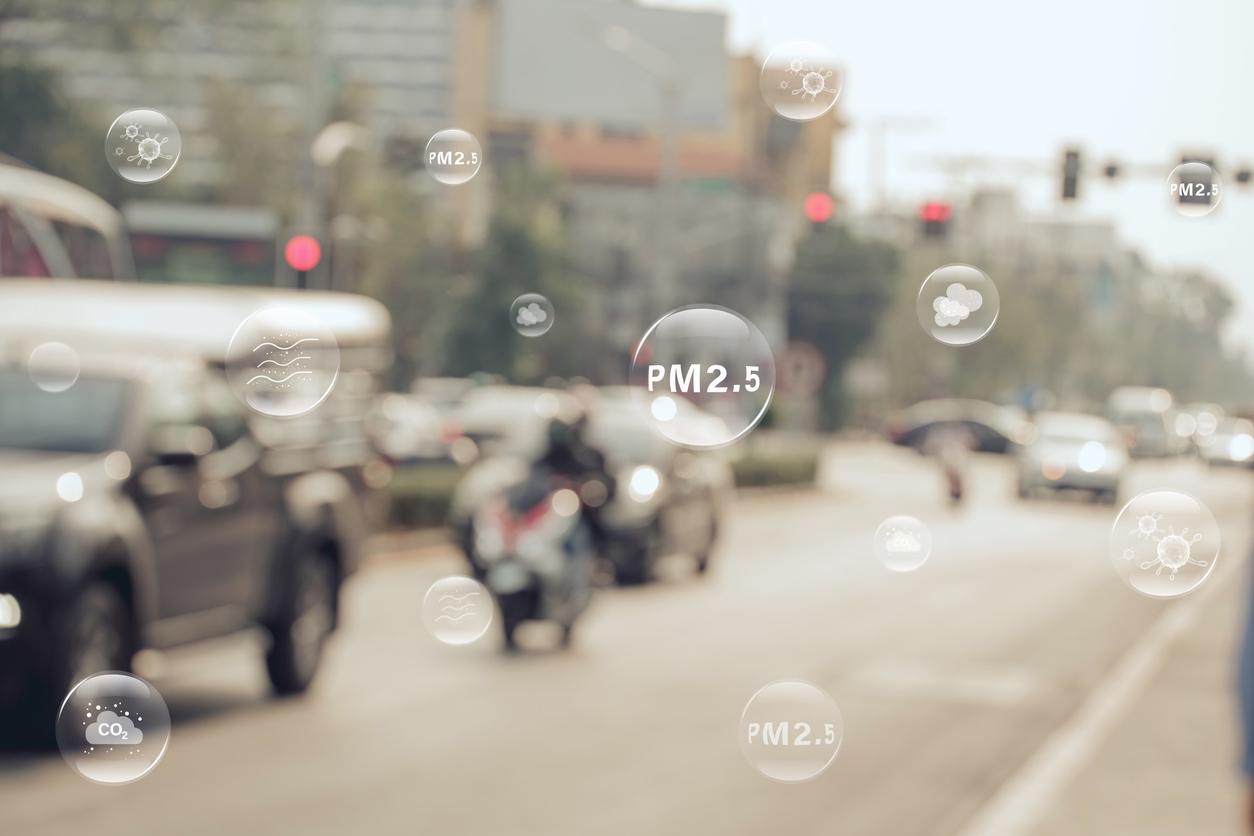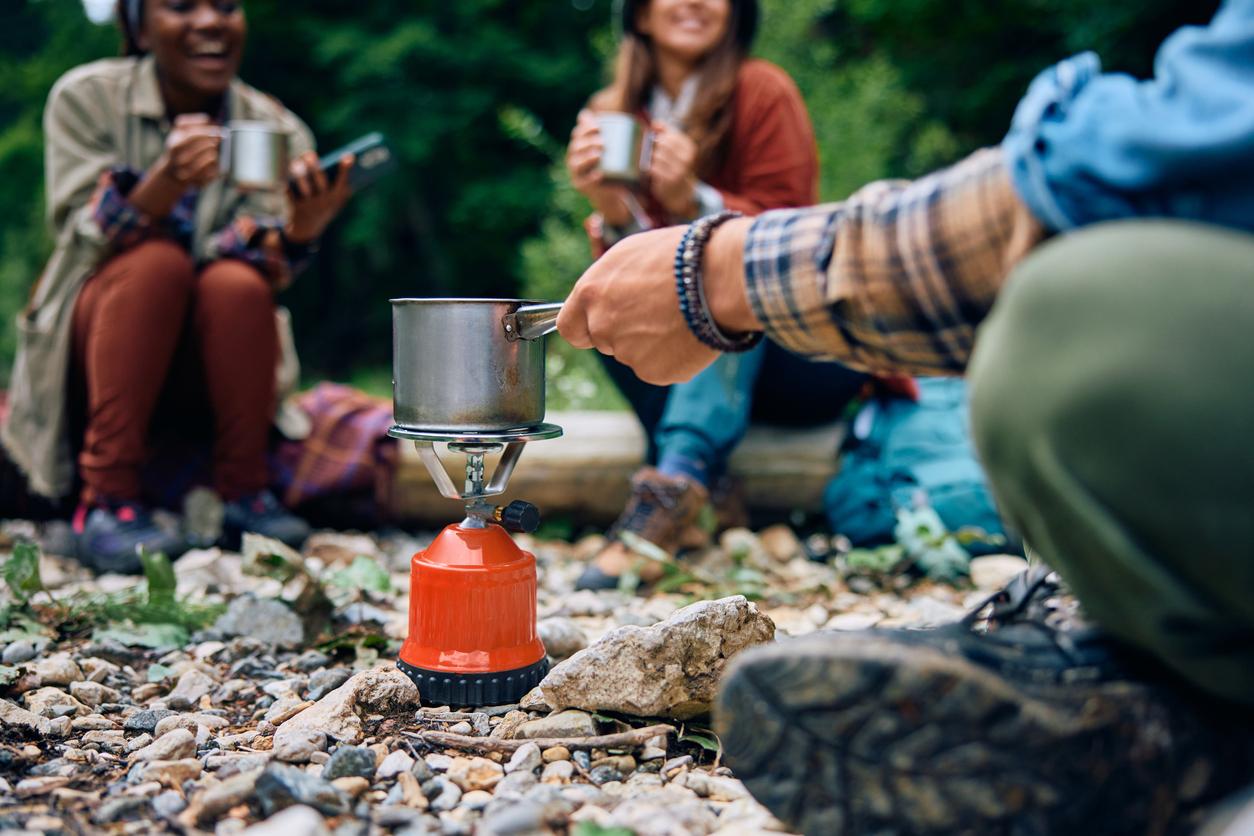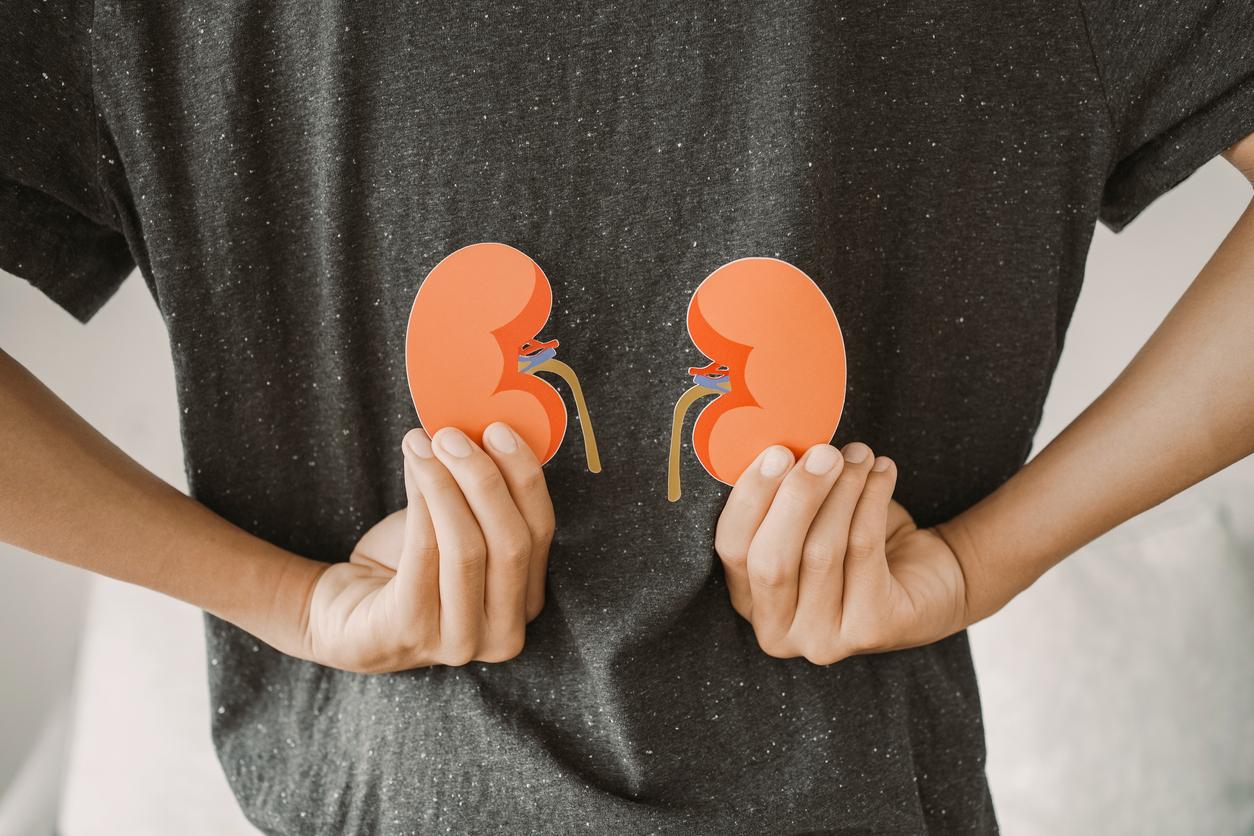Access to care is expensive, especially when it comes to medications against the Cancer. But according to a study carried out by researchers at the Austrian public health institute, in collaboration with the World Health Organization (WHO), drug prices vary considerably from country to country. Their results are published in the journal The Lancet Oncology.
Sometimes more than 1,000 euros per unit of medicine
The researchers looked at the prices of 31 anticancer drugs in 18 high-income countries: 16 countries in Europe, Australia and New Zealand. Result: the price difference ranges from 28 to 388%. The greatest difference concerns the gemcitabine : while a unit costs 42 euros in Australia, it reaches 209 euros in New Zealand. This molecule is frequently used to combat lung cancer, of the bladder, of the’ovary, of breast and pancreas. Overall, all these drugs are very expensive since none of them has a unit price of less than 10 euros. The average price ranges are much higher since four of these drugs cost per unit (price for a blister or box) between 250 and 500 euros, two others cost between 500 and 1,000 and seven more have a unit price. exceeding 1,000 euros, including one exceeding 5,000 euros. On the list of countries where anticancer drugs are the most expensive: Switzerland, Germany and Sweden. Conversely, Greek, British, Spanish and Portuguese patients pay the lowest prices.
Generic drugs and negotiations
Such a price variation, which inevitably influences theaccess to care, could be due to several factors. First of all, the arrival of generic medicines in some countries may have contributed to lowering prices through greater competition between drugs. In addition, according to the authors, certain states would have the possibility of negotiating prices with the pharmaceutical industries. The researchers therefore call for more transparency on these negotiations, and hope that their results “provide evidence for policymakers to decide what actions to take to adjust drug prices“.
>> To read also:
Medicines: 8 questions we ask ourselves
Pregnancy and cancer: the treatments would be without major risk for the baby
Pharmaceutical companies unloved by the French
Bee venom could soon be used as cancer treatment


















